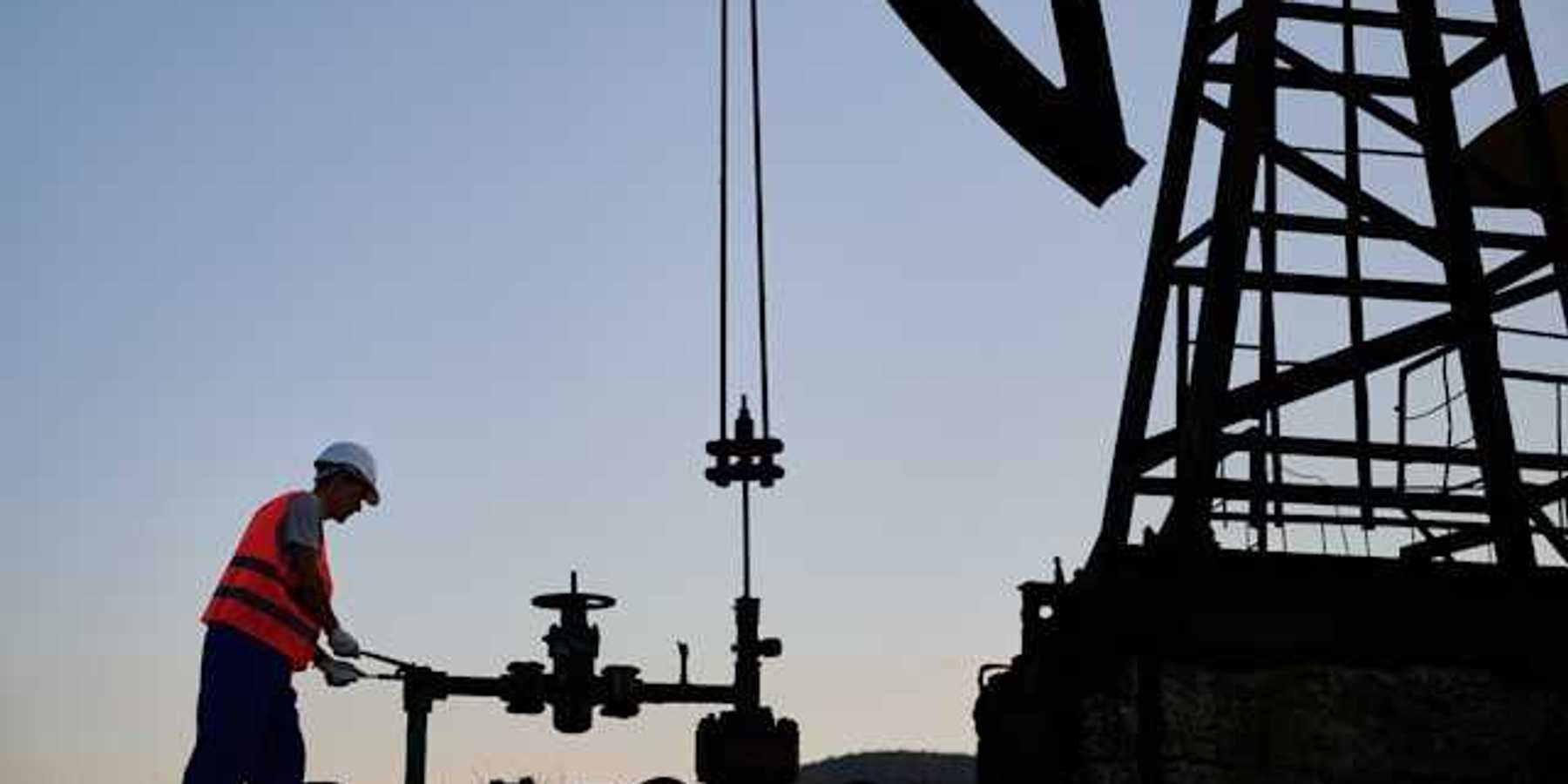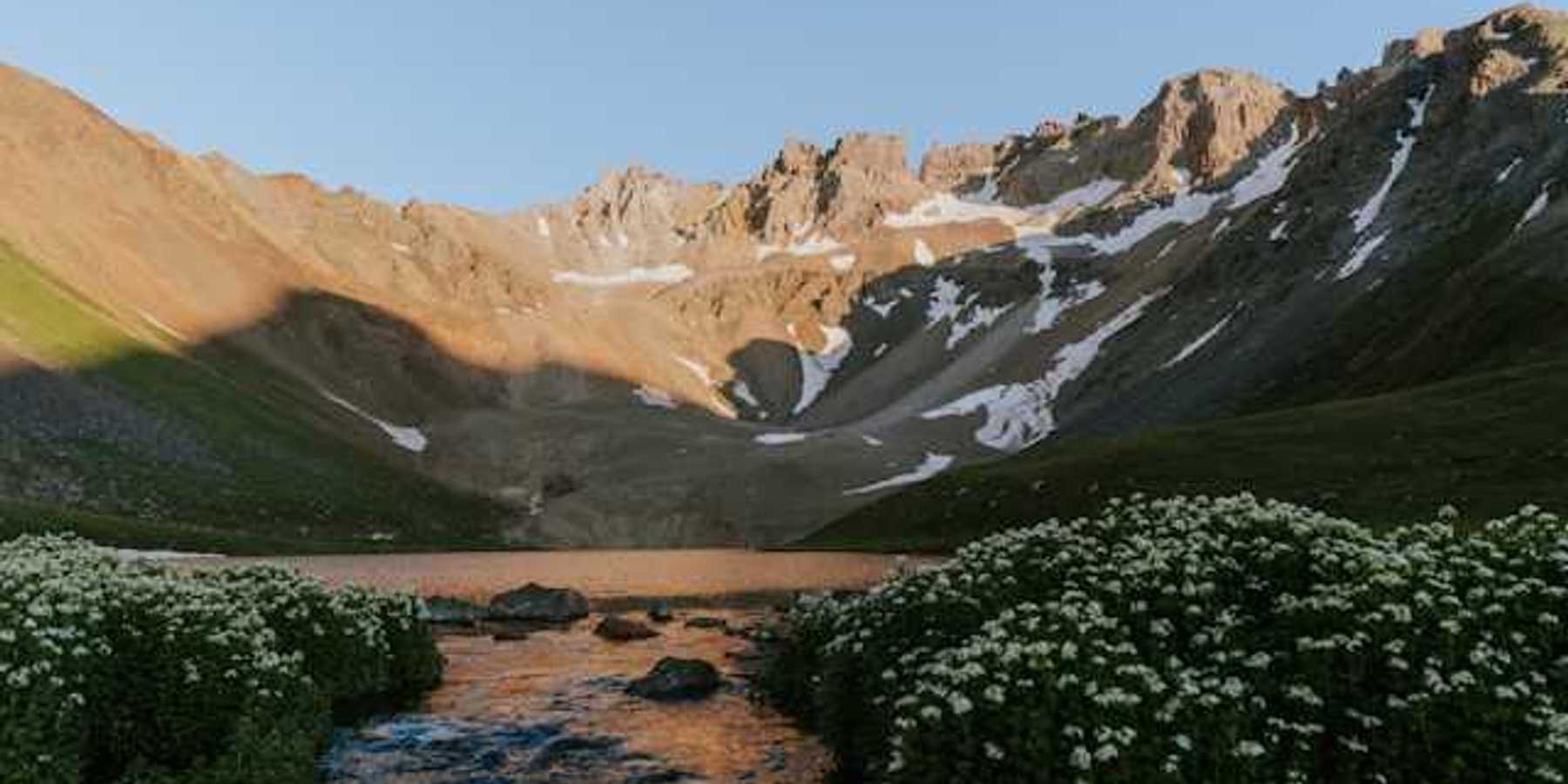Trump’s plan to dismantle FEMA meets Republican resistance
President Donald Trump suggested shutting down the Federal Emergency Management Agency (FEMA), but Republican lawmakers, facing mounting disaster costs in their states, pushed back, arguing for reforms instead of elimination.
Zack Colman reports for POLITICO.
In short:
- Trump criticized FEMA’s disaster response and proposed either reforming or eliminating it, saying states should handle recovery efforts.
- Republican lawmakers rejected shutting FEMA down, citing the financial burden states would face and the agency’s critical role in disaster response.
- GOP officials support reviewing FEMA’s efficiency, but experts warn state-led disaster management could delay aid and increase costs.
Key quote:
“FEMA can’t go away. I think the first job of the federal government is to protect people and property.”
— Sen. John Kennedy (R-La.)
Why this matters:
As climate change fuels more frequent and severe disasters, the strain on federal and state resources is becoming increasingly evident. The Federal Emergency Management Agency, long the backbone of disaster response in the United States, has faced growing criticism over bureaucratic delays and inefficiencies in delivering aid. Some argue that eliminating FEMA would force states to take greater responsibility for disaster response, but for states heavily reliant on federal assistance — especially those with limited budgets — the absence of FEMA could leave communities dangerously vulnerable.
Read more: Trump’s order weakens disaster aid equity, risking unfair recovery outcomes













